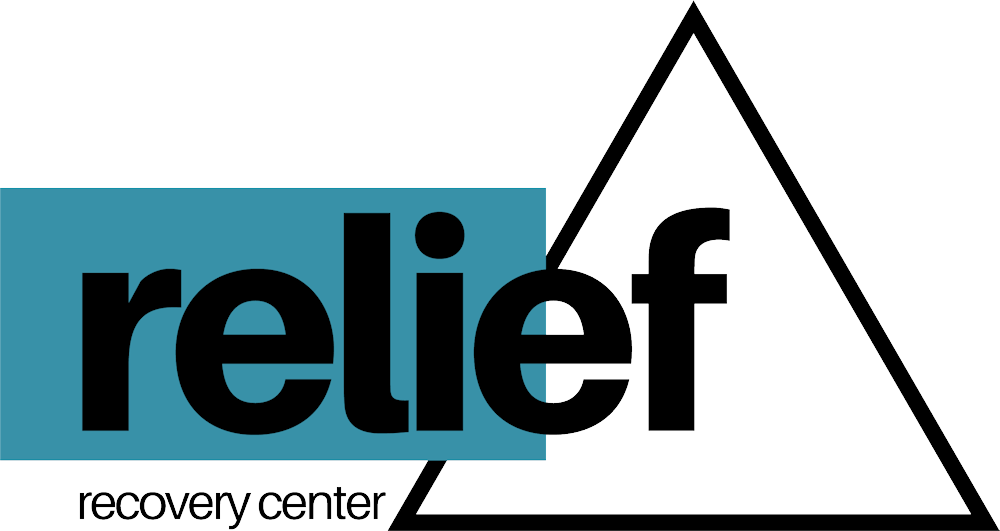March is National Nutrition Month, a time to reflect on our eating habits and make positive changes towards healthier lifestyles. This is particularly important in the realm of recovery from addiction, where nutrition often takes a backseat. A nourishing diet can play a crucial role in supporting both mental and physical health, aiding individuals on their journey to sobriety.
Understanding the Link between Nutrition and Recovery:
When recovering from addiction, your body undergoes significant changes. Substance abuse can lead to nutritional deficiencies, affecting everything from energy levels to mental health. A balanced diet helps to repair this damage, providing the body with the necessary nutrients to heal and maintain optimal health. Relief Recovery Center recognizes this interconnection and emphasizes the importance of holistic recovery approaches, including proper nutrition. Find more about their approach on the How We Treat page.
Adopting Healthier Eating Habits:
Transitioning to healthier eating habits can seem overwhelming, but it’s about making small, manageable changes. Start by incorporating more fruits, vegetables, whole grains, lean proteins, and healthy fats into your diet. These foods are rich in the nutrients that your body needs to recover, such as vitamins, minerals, and antioxidants. Planning meals and snacks ahead of time can also help you maintain a balanced diet and avoid impulsive eating decisions. For more tips on adopting healthier eating habits, explore the Resources section on the Relief Recovery Center website.
Nutrition’s Impact on Mental Health:
Nutrition doesn’t just affect physical health; it’s also crucial for mental well-being. A diet high in refined sugars and unhealthy fats can exacerbate feelings of depression and anxiety, while a balanced diet can improve mood stability and cognitive function. Integrating foods rich in omega-3 fatty acids, antioxidants, and vitamins can support brain health and reduce the symptoms of mental health issues often associated with recovery. To learn more about the link between nutrition and mental health, check out the Educational Blog on the Relief Recovery Center site.
Staying Hydrated for Optimal Recovery:
Hydration is another vital aspect of nutrition that impacts both physical and mental health. Dehydration can lead to fatigue, irritability, and confusion, which can be particularly detrimental for individuals in recovery. Make sure to drink plenty of water throughout the day and limit or avoid caffeinated and sugary beverages. Adding slices of fruit or herbs to your water can make it more appealing and help increase your intake.
Creating a Supportive Nutritional Environment:
Your environment can significantly influence your eating habits. Surround yourself with supportive individuals who respect your journey to healthier living. Engaging in cooking classes or group meals can be a fun way to learn about nutrition and try new, healthy recipes. Relief Recovery Center’s community-focused approach provides a supportive environment for those in recovery, including nutritional guidance as part of their treatment programs. Visit their About Us page to understand more about their community and environmental values.
External Resources for Nutritional Support
In addition to the resources available at the Relief Recovery Center, there are many external tools and platforms that can provide additional support and information on nutrition and recovery. Websites like the Academy of Nutrition and Dietetics offer comprehensive guides and tips for healthy eating, especially during National Nutrition Month. Apps for meal planning and tracking nutritional intake can also be helpful tools in maintaining a balanced diet.
Nutrition plays a foundational role in the recovery process, impacting both physical health and mental well-being. By understanding the link between nutrition and recovery, adopting healthier eating habits, and creating a supportive nutritional environment, individuals can significantly enhance their journey to sobriety. This National Nutrition Month, let’s commit to nourishing our bodies and minds, supporting our recovery, and promoting overall wellness. Explore Relief Recovery Center’s website for more resources and support on your journey to a healthier life in recovery. Remember, you’re not alone in this journey; support and resources are available to guide you through every step of the way. Together, we can embrace the healing power of nutrition and move towards a brighter, healthier future.



